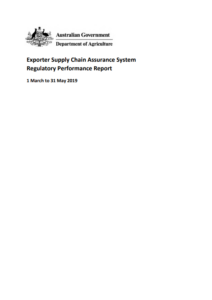RSPCA Australia urged the live export industry to voluntarily stop sending cattle to Vietnam, until an independent review of the Exporter Supply Chain Assurance System (ESCAS) can be finalized.
This calling comes after the latest of many rounds of worrying reports of animal welfare breaches in Vietnam, which presented poor animal handling practices and the use of ‘unapproved movement aids’, along with the possibility that cattle were not stunned before slaughter, and more than a thousand cattle have gone missing from the approved supply chains.
[smlsubform prepend=”GET THE SAFETY4SEA IN YOUR INBOX!” showname=false emailtxt=”” emailholder=”Enter your email address” showsubmit=true submittxt=”Submit” jsthanks=false thankyou=”Thank you for subscribing to our mailing list”]
Commenting on this situation, RSPCA Senior Policy Officer Dr Jed Goodfellow, stated that the reports were evidence of the systemic compliance issues in the nation.
Most worrying is the revelation that the supply chain breaches are intentional, with multiple reports of abattoir and feedlot workers tampering with CCTV systems and showing open hostility toward in-market export staff
Mr. Goodfellow added that Vietnam receives one third of the volume of cattle that Indonesia does, but it has more than three times the number of ESCAS non-compliances. He explained that the Government has got to stop looking at these breaches in isolation and start looking at the market as a whole.
Moreover, RSPCA Australia called the Australian Government to begin an urgent review of ESCAS arrangements within the country, saying that:
The live export industry has had six years to get supply chains under control in Vietnam and it’s now clear they cannot get them under control. We cannot sit back and wait for them to conduct yet another one of their own reviews, or wait to see the evidence of failure from the next round of non-compliance reports
In the most recent Regulatory Performance Report released by the Department of Agriculture, three separate incidents of non-compliance were reported within the country, regarding 1,676 Australian cattle.
You may see more information in the PDF herebelow


































































